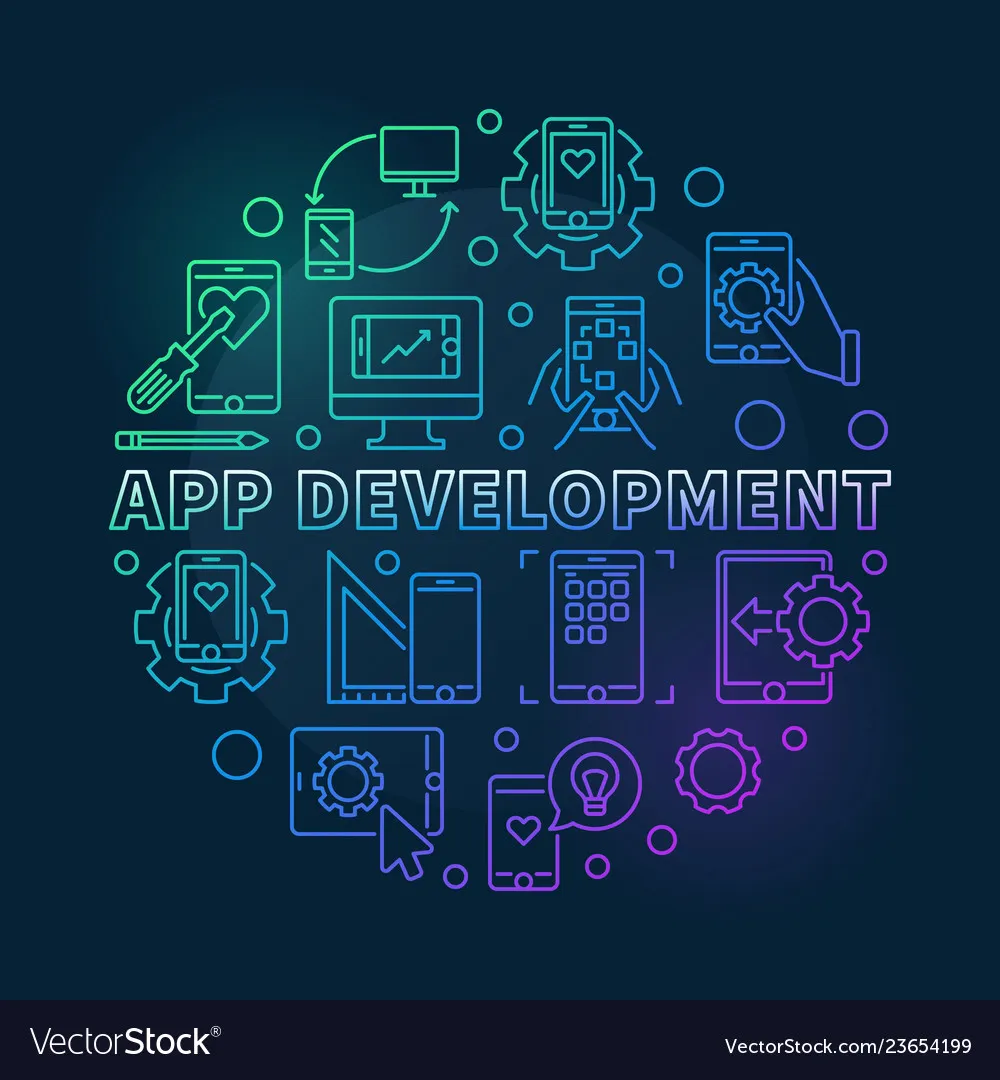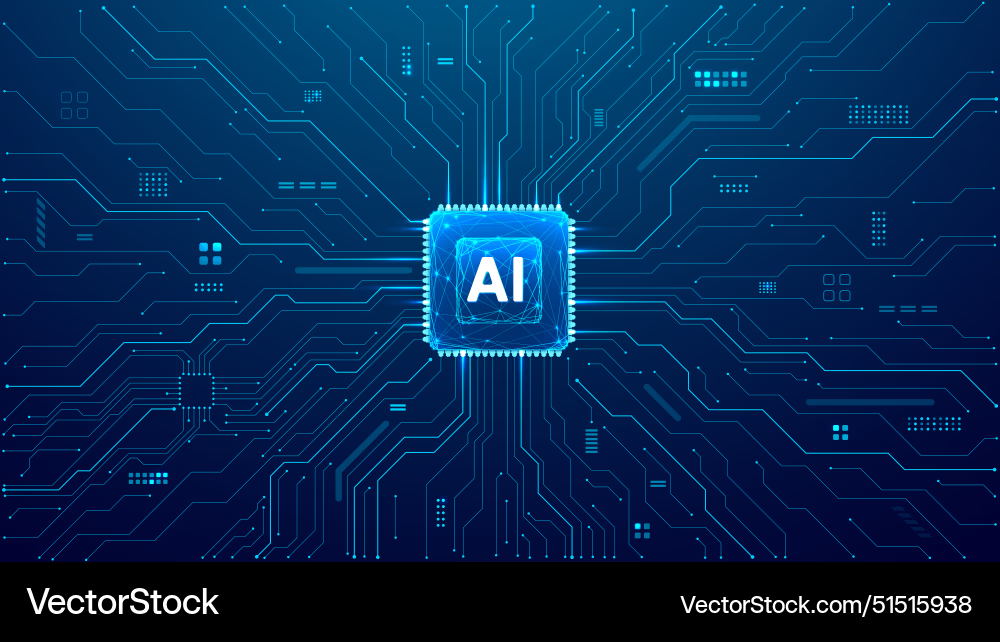Cloud Computing Topics
Cloud Service Models
Learn about IaaS, PaaS, and SaaS and their use cases.
Cloud Providers
Explore AWS, Microsoft Azure, Google Cloud, and other platforms.
Cloud Security
Understand encryption, compliance, and threat prevention in cloud environments.
Virtualization & Containers
Learn about Docker, Kubernetes, and virtual machines.






